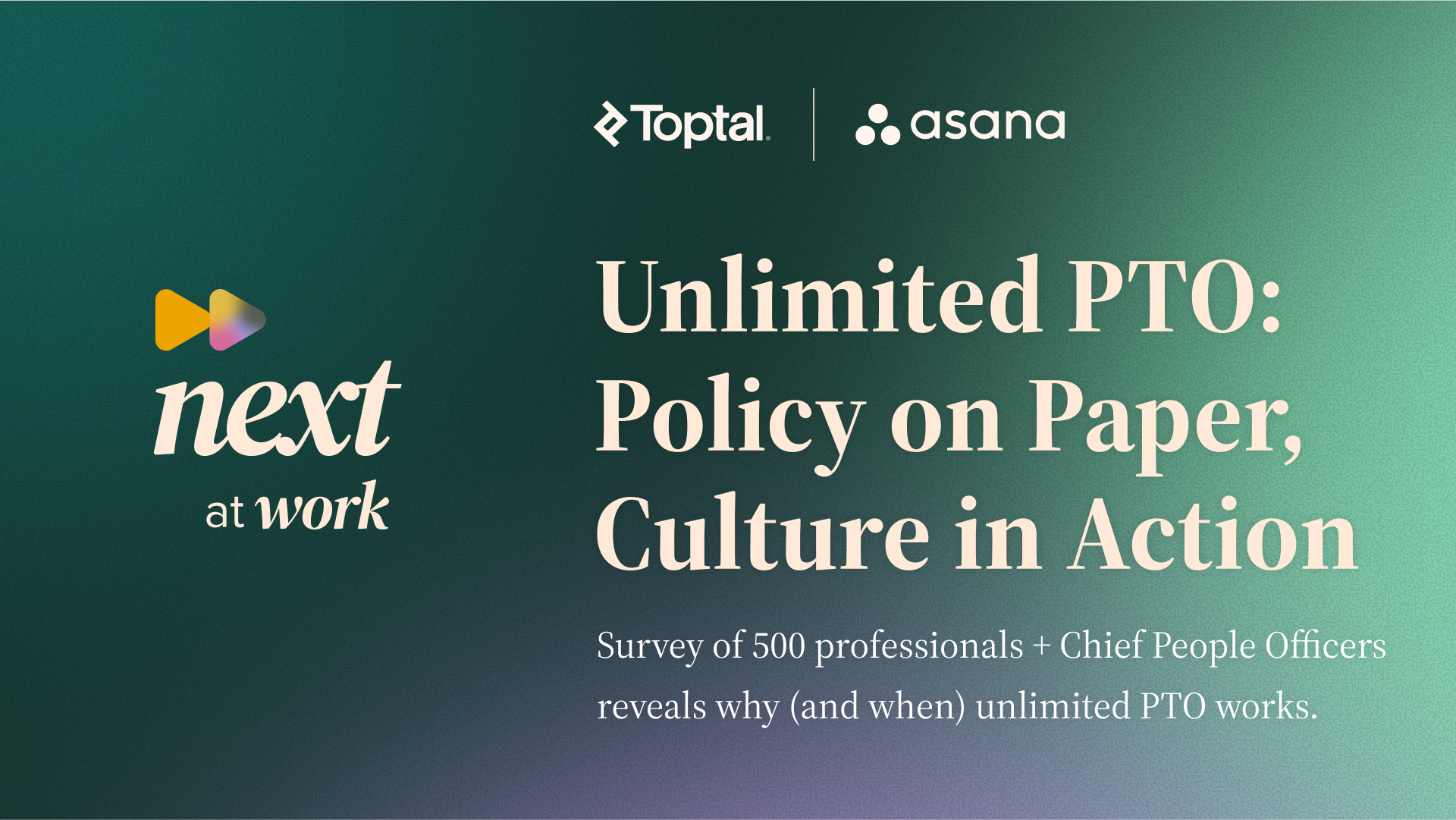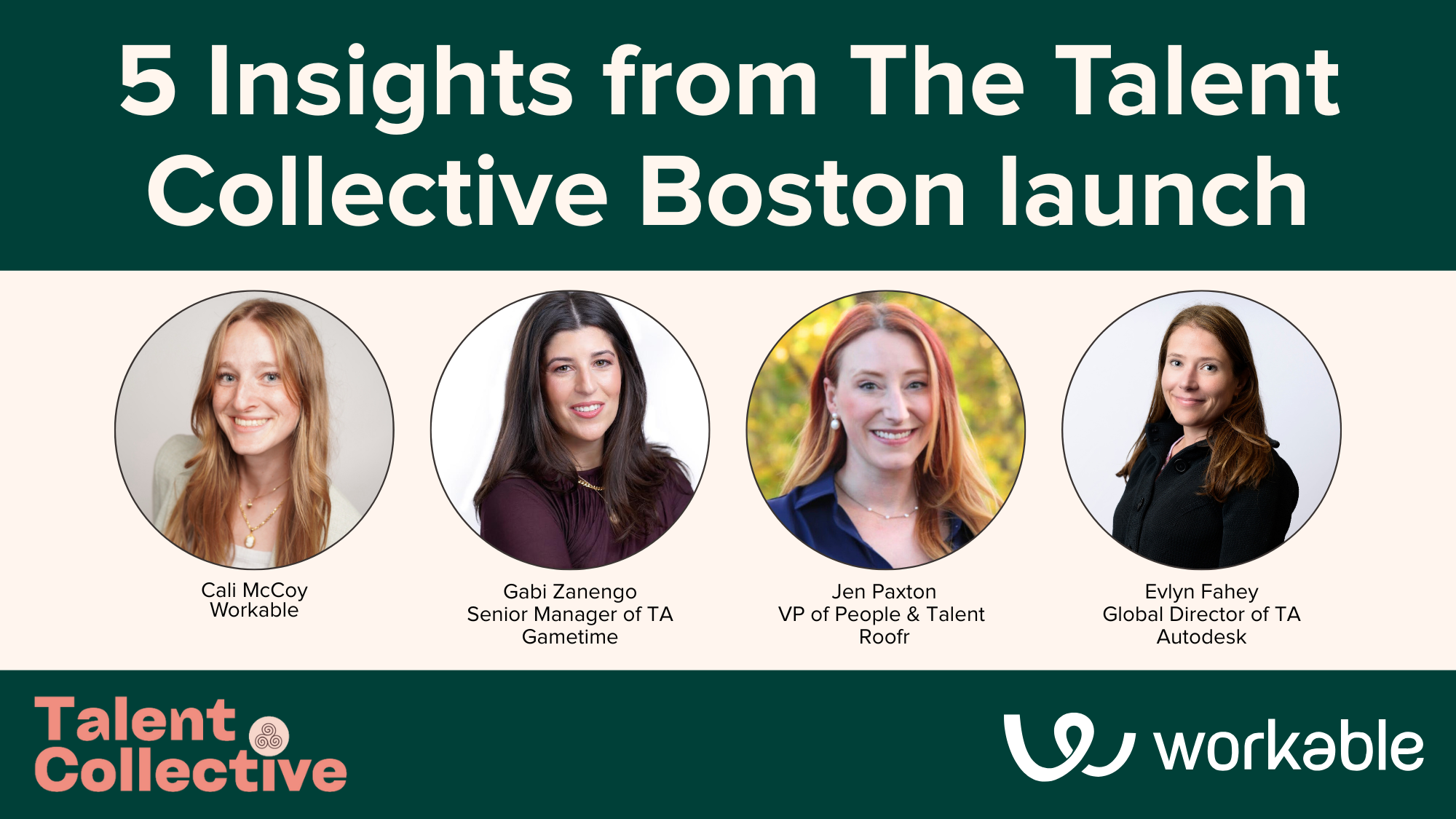Evil HR Lady: four hot takes on hot topics in HR
The Evil HR Lady shares her hot takes on HR debates like office returns, training, and work-life balance. A must-read for HR professionals.

When I was a teenager, my mother told me I should become a senator. Why? Because of this lovely little thing called the “filibuster,” where you could just keep talking forever and stop all Senate business until you either passed out, a la Mr. Smith Goes to Washington, or the rest of the Senate gives up and gives you what you want.
Apparently, I liked to talk, and I had a lot to say – some of it ridiculous (well, in high school, most of it). But now, I think I’m a bit more educated than I was <cough> 30 <cough> years ago, with a couple of degrees (in political science, of course) and 20-plus years in the HR space.
So, I’ve formed opinions in this area – including some very conversational ones. Here are my hot takes on some issues in HR.
1. Return to the office
Many CEOs want people to return to the office – at least in a hybrid fashion.
And many people hate it.
People seem to think that CEOs are running their businesses into the ground because they are micromanagers and that’s just illogical to me.
Dell recently decided to allow employees to choose between hybrid and fully remote work, but if you chose the latter, you were banned from promotions (unless you were working remotely for ADA reasons).
When I shared this on LinkedIn I got many comments talking about how awful this is.
“And employers continue to wonder why they can’t attract the type of employees they want. When you make stupid decisions that show clearly that you don’t value your employees and what they bring to the table unless they play ball your way, and only your way, then you deserve to be boycotted by the younger, cheaper, and more productive employees that are looking for new opportunities. Heaven help us if we ever have a war where most of our young people are sent off to fight. Employers like these will find no one that will want to work for them during any extended manpower shortage.”
My hot take: CEOs want to make money. They see things that we armchair analysts cannot. There are benefits to working together.
If you see a CEO telling people to come back to the office, the CEO probably knows that remote work isn’t working for the company. It’s not for everyone.
And if not? Well, the free market will sort it out, won’t it?
Return to the Office II
My hot take: If you are the type that wants to be a C-suite occupant in the future, get your behind to the office. You’re much less likely to reach that level without the visibility and mentorship you’ll find in the office. It’s much, much harder to learn things outside your silo when you are working alone at your kitchen table.
And stop whining about remote workers earning less money. Everyone told the survey takers that they would be willing to take a pay cut to work remotely.
It turns out that CEOs listened. You asked for it, you got it.
2. Respectful workplace training
I’m 100% opposed to bad behavior in the workplace. Everyone should be respectful of everyone else. No (cough cough) pics should ever be shared on company servers.
(Or anywhere, really. Men, take note: women are not impressed with photos of your nether regions.)
I love training and I love training people on how to be respectful. But:
My hot take: I couldn’t care less about the history of oppression or privileged backgrounds or what people think. Workplace training shouldn’t focus on that. It should focus on behavior.
The whys don’t actually matter because they aren’t up for debate. You may not tell dirty jokes or use racial slurs. The end.
You may not treat people poorly because of their race, gender, sexual orientation, religion, or any other characteristic. Judge people based on their performance. Be nice to everyone.
Trying to get people to understand that there is a history of this or that doesn’t help achieve the goal of a respectful workplace.
Teach behavior, not thought.
3. Work-life balance isn’t everything
Lazy girl jobs are a thing, apparently. The idea is you get a job that requires minimal effort and get a paycheck and focus on yourself. It sounds great, but is it?
Read more: The ‘lazy girl’: unpacking apathy in modern workplaces
I see people praising Gen Z (and to a lesser extent, Millennials) for not settling for the 9-to-5 grind that their parents and grandparents put up with. But, I certainly don’t see them being happier with the outcome.
Michele Parmalee writes for Deloitte about Millennials and Gen Z:
“They’re values-driven. Striving for work/life balance. Concerned about the environment, the state of the world, and the future they see developing ahead of them. And they’re looking for employers who will empower them to make a difference.”
Then why are they so unhappy? Survey after survey shows that Gen Z’s mental health is in the toilet:
- Gallup and the Walton Family Foundation: “Less than half (47%) of Gen Z Americans are thriving in their lives — among the lowest across all generations in the U.S. today and a much lower rate than millennials at the same age,
- Ogilvy: 70% of Gen Z say their mental health needs attention or improvement
- American Psychological Association: “Nine in 10 Gen Z adults (91%) said they have experienced at least one physical or emotional symptom because of stress.”
My hot take: Of course, we can blame Gen Z’s problems on the generations who came before, but I wonder if this focus on working as little as possible (popularized by the anti-work movement) and finding all the bad things (calling words “unsafe”) is contributing to poor mental health.
When you’re focused on yourself rather than on others and constantly look for the bad in others, you become more miserable.
So, while I don’t want people to burn out, I’m skeptical that working less is really the panacea that we want. I’m absolutely willing to be convinced I’m wrong, but I can’t see too much self-focus as a good thing. I’m much more of the “forget yourself and get to work” philosophy.
I also know that a job well done is very psychologically rewarding, whether it be in the office or not.







